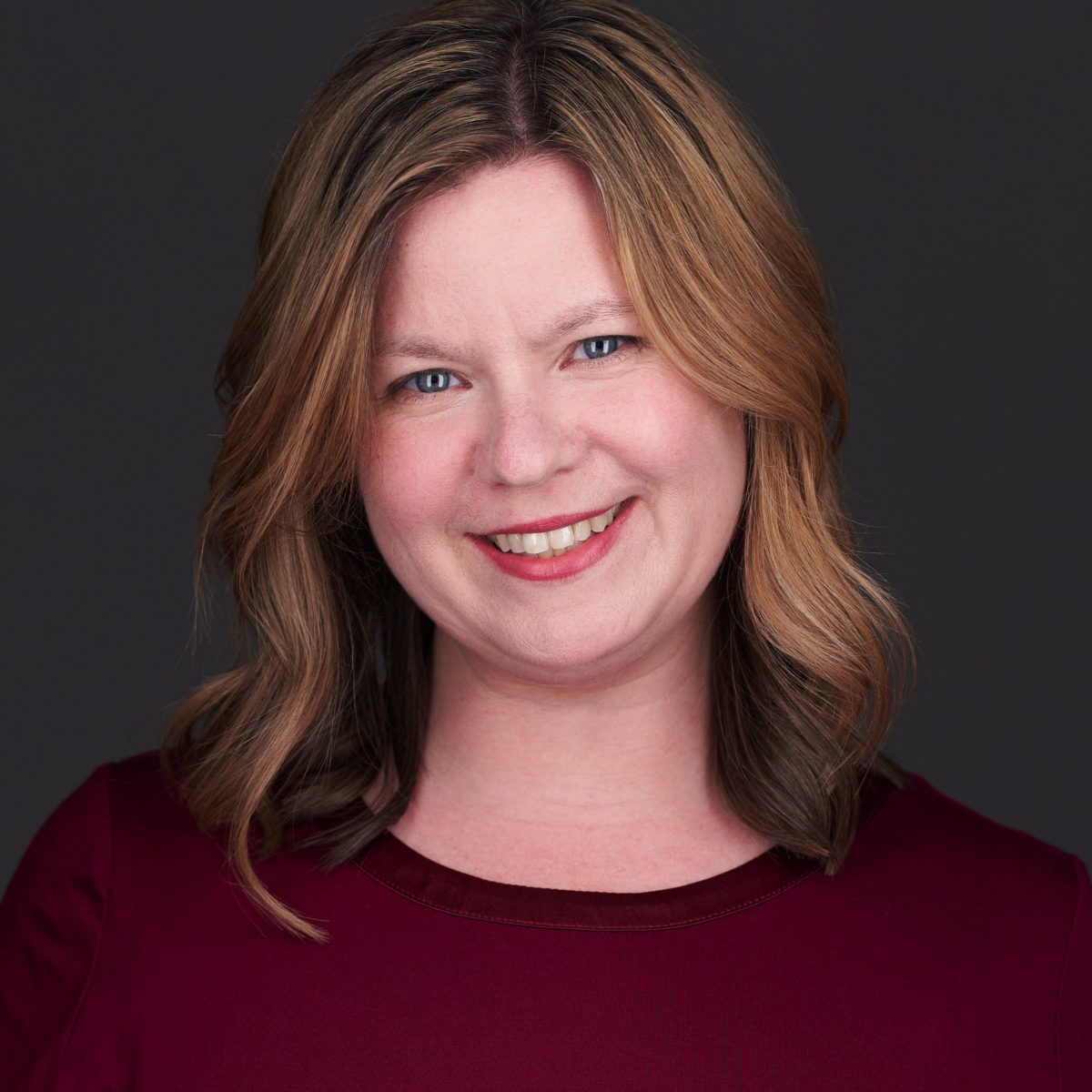In a world full of Amazon Prime and copious takeout dinners, it may come as a surprise that Gen X and millennials are concerned about where their money goes.
But according to Livelihood cofounder Carey Morgan, the up-and-coming generations are prioritizing companies that follow their own personal values in the midst of managing large amounts of debt.
“It’s a massive problem,” Morgan said. “They’re putting off their lives to accommodate their debt and we don’t think that’s a healthy way to live.”
Despite their pocket woes, they’re not turning to financial planners for help. Morgan, who worked in investing and then in the nonprofit sector as New Century Trust’s executive director, said many of her previous clients were really “turned off” by the financial industry, fearing they would be taken advantage of and confused about the process. This led her and fellow cofounder Megan Kiesel to start Livelihood, a fee-only financial planning group aimed at middle- and lower-income individuals, in May.
“We came up with this new practice that really keens at people who want to put their values first and put their lives first before building wealth, but also want to be financially secure,” Morgan said.

Morgan and Kiesel got the idea while attending a conference in D.C., when they were discussing how to help lower-income Philadelphians. Customers can attend in-person or online meetings via Zoom and Skype, and only required to pay a flat fee (aka not based on percentage of assets or sales) in order to encourage transparency.
“A lot of the industry requires that you have $500,000 or $1 million in assets before they’ll even look at your documents, and I think we can agree that’s not a lot of people,” Morgan said.
One solution to the problem has been robo-advisors, or digital resources that offer automated advice based on algorithms. Morgan said that while she isn’t against robo-advisors, she believes they don’t offer the same in-depth analysis as a financial planner.
“There are a lot more aspects to your financial life than investing. Investments are one piece,” Morgan said. “So, you many need insurance, as you get older you may need estate planning, you may need to think about funding your child’s education, deal with your own debt. A robo-advisor is not going to do that. What we emphasize is that all of these are tools, and we’re here to help you navigate the tools.”
Prior to starting Livelihood, Morgan and Kiesel worked together on projects to help low-income Philadelphians such as the Financial Empowerment Center, where they pair first noticed the disparities and mission-driven investing goals.
“We think that people want a little more hand-holding and accountability. They want somebody to bounce questions off as their life changes,” Morgan said. “We really see ourselves as partners that help you transition through financial challenges and changes because people’s financial lives aren’t static.”







